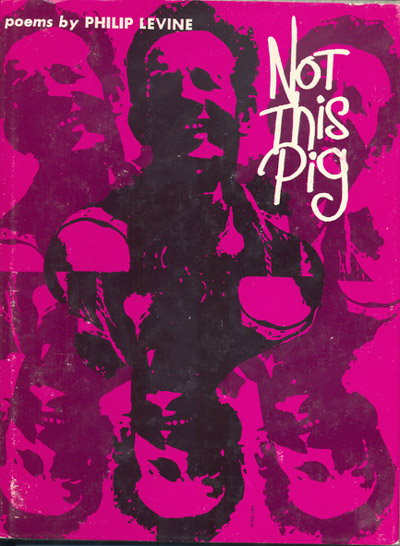Film critic Roger Ebert accompanied by his wife Chaz, accepts a career-achievement award at the theater-owners’ convention ShoWest in 2009. [Source: Ethan Miller/Getty Images/NPR]
I was very pleased too hear Roger Ebert speak via voice synthesizer yesterday on NPR. I listen to the same kind of machine voice day in, day out. That’s how I read, how I write and edit the words you’re reading now. It isn’t weird or the stuff of science fiction, like 2001: A Space Odyssey. It’s no big deal. Like disability itself, it’s an everyday fact of life. Ebert’s comfort level with his surrogate voice will help a lot of people to get used to that kind of accommodation, too.
Although Melissa Block’s interview was a little long on medical explanations from my perspective, and it didn;t refer to disability or accessibility, I appreciated the way she built an explanation of Ebert’s access strategies into the story:
Ebert still churns out half a dozen reviews every week, and typing has become his means of speech. “This is ‘Alex,'” he explains, “a voice that came built into my computer.” Alex is part of a text-to-speech program; Ebert types, Alex speaks the words. The words flow at a remarkable rate, given that he laboriously hunts and pecks with just two fingers across the keyboard. … I came to talk with Roger Ebert about his life as a film critic and his life with illness. Because typing is a long and exhausting process for him, we agreed that I’d send some questions in advance. Listen/read more.
See Roger Ebert’s Journal. You can hear his use of the voice synthesitzer in a CBS interview (no embed available), and this CBS clip explains how it was developed:
![gustave_caillebotte_paris_street_rainy_day Gustave Caillebotte. Paris Street, Rainy Day (La Place de l’Europe, temps de pluie). 1877. Oil on canvas. Art Institute of Chicago. [Source: Wikimedia Commons]](../../../../wp-content/uploads/2009/02/gustave_caillebotte_paris_street_rainy_day_1877_wiki.jpg)
![Fog at Isle Royale [Source: wildmengoneborneo.com] Fog at Isle Royale [Source: wildmengoneborneo.com]](../../../../wp-content/uploads/2008/04/isle_royale_fog.jpg)
 If there is an emerging genetic underclass, I could run for class president or class clown. Read more in
If there is an emerging genetic underclass, I could run for class president or class clown. Read more in 
